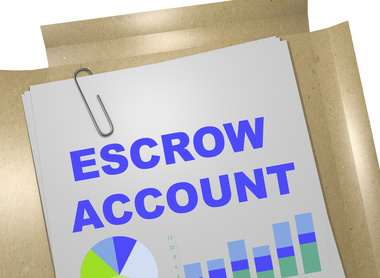Buying your first home can be overwhelming, and one of the most intimidating components is the escrow account. What is an escrow account, what is it used for and is it really necessary? Keep reading to learn everything you need to know about escrow accounts.
1. What is an escrow account? An escrow account is a separate bank account that your mortgage lender uses to pay your property taxes and home insurance. Each month, at the same time as you pay your mortgage, you will pay a little bit extra that goes toward the escrow account.
2. How does this benefit me? The money in this account will add up over time, and when your yearly property taxes come up, the money will be there in your account, ready to go. This can minimize the stress that comes along with a high property tax bill. It can work the same way for home insurance.
3. How does this benefit my lender? Legally, the bank owns the home, so it has a special interest in making sure everything is paid on time. In some states, if the taxes on the home are not paid, the government might hold the lender accountable for any unpaid portion of the taxes. The bank also has a vested interest in protecting its property, so one of their priorities is making sure there are no issues with the payment of your homeowner’s insurance.
4. Do I have to have an escrow account? If this streamlining of payments doesn’t appeal to you, some lenders will allow you to pay your own property taxes and homeowner’s insurance. In most cases, you will have better luck avoiding an escrow account if you owe less than 80 percent of the home’s value. The downside of this arrangement is that the interest rate on your mortgage will typically be higher than it otherwise would be if you agreed to an escrow account.
5. What are the negatives of an escrow account? If you are naturally good at saving money, you might not need the help of a forced savings account like an escrow account. People with variable income might also prefer to save up for yearly bills at their own pace.
6. What happens if I change my mind? The requirement for an escrow account is usually written into your mortgage paperwork, but this can sometimes be renegotiated with the bank. It is common for home loans to be sold multiple times over the life of the loan, and each loan holder will have different policies regarding escrow accounts.
If you are unsure about whether an escrow account is right for you, make an appointment to talk to a loan specialist at your bank or give us a call.


